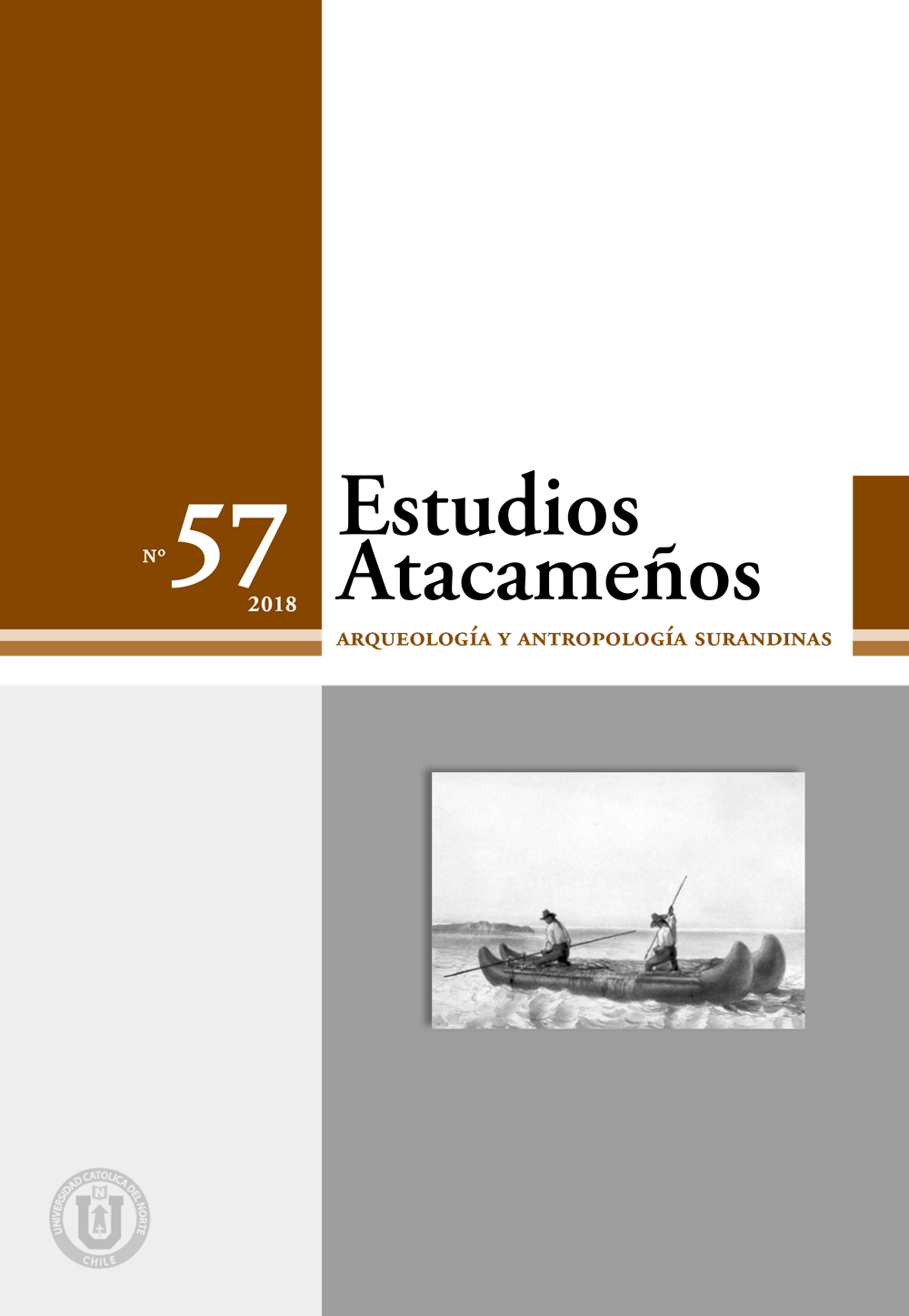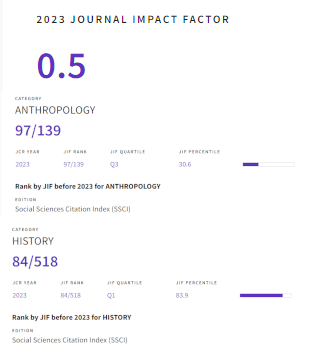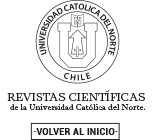Unequal opportunities:
companies and the State in contention over mining in Chile
Abstract
This article examines significant variations between two conflicts over mining in Chile regarding the degree, the scale and the outcomes of contention: the conflicts in Chañaral where the public company Codelco operates and in the Huasco Valley (Pascua Lama) where a transnational company is in charge. While the former suffers widespread contamination
caused by mining activities, opposition against mining remains low and isolated and the state barely responds to local claims. In contrast, the mining project of Pascua Lama motivated large-scale protests, reached national and international support and managed that state agencies partly acted on behalf of local claims. Three factors explain these differences: First, the local economic context, i.e. the dependency of a given place on the mining industry affects the degree and shape of contention; second, the presence of the public company, which both reduces the overall disposition to contest its activities as well as the opportunities to ‘scaleup’
contention. Moreover, state authorities tend to protect public companies that provide significant fiscal incomes; Lastly, the origin of the company (national – transnational) shapes the scale as well as the outcomes of contention over mining.
Downloads
Downloads
Published
Issue
Section
License

This work is licensed under a Creative Commons Attribution 4.0 International License.

All works published in Revista Estudios Atacameños (ISSN on line:0718-1043) Revista Estudios Atacameños Creative Commons International 4.0 attribution (CC BY 4.0) licence.
Authors remain the owners of their work and may republish their articles elsewhere without having to request permission, as long as they indicate that the work was originally published in Revista Estudios Atacameños (ISSN on liine:0718-1043).












